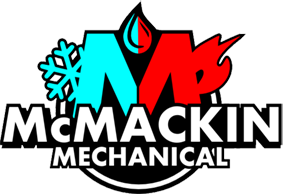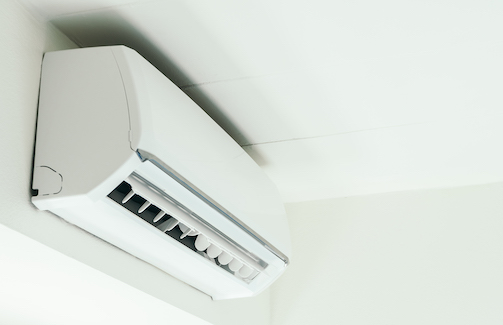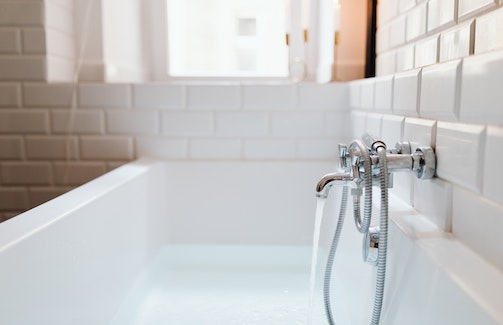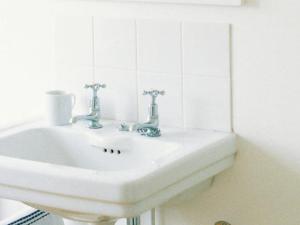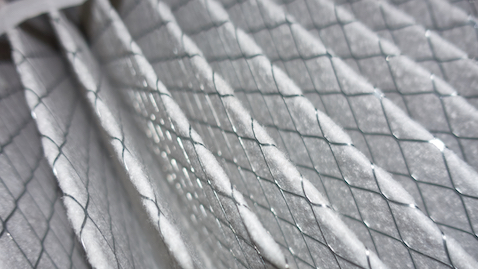
Change your Filters: Three Words to Live By
Just like getting an oil change for your car or changing your fire alarm batteries, changing the filters in your home’s HVAC system is a small maintenance task that should be part of your routine. It makes an enormous difference in terms of air quality but also system performance and longevity.
In this blog, we explore what air filters are and why they are critically important to replace.
What Are Air Filters?
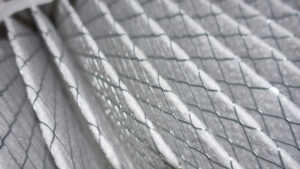 Air filters act like screens and help to remove large particles from the air before they reach your HVAC system. It removes things like hair, large clumps of dust and anything else that might accumulate and choke up your expensive HVAC unit.
Air filters act like screens and help to remove large particles from the air before they reach your HVAC system. It removes things like hair, large clumps of dust and anything else that might accumulate and choke up your expensive HVAC unit.
Filters are disposable and relatively inexpensive – they also happen to be biodegradable in most cases which makes them easy to dispose of.
They also come in different sizes and shapes based on the setup you happen to have in your home. You’ll need to make sure you buy the correct one so that it fits in your ducting. Larger filters simply won’t fit, and smaller ones will not create a ‘seal’ that forces air to travel through the filter.
Why Do Air Filters Need to be Changed?
The word ‘filter’ implies that something is being separated from something else. Just like coffee grinds, water passes through, but the grinds remain trapped in the filter. Too many grinds and the water can no longer pass through, which is why we replace or clean our coffee filters before making another pot.
The same principle applies here: As your filter works to remove particles from the air, contaminants slowly accumulate in the fibers of the filter. Before long, it becomes difficult for air to pass through. Your filter starts to suffocate your unit, forcing it to work much harder and adds unnecessary wear and tear. Ultimately, this can lead to system failure and eventual replacement.
The issues don’t stop with just wear and tear – A dirty air creates a domino effect of issues:
- A system that needs to work harder and for longer periods of time requires more power, therefore increasing your energy costs.
- It reduces the overall comfort of your home.
- If your HVAC system is in your basement, humid air can encourage mold growth on the air filters, which your HVAC system then blows throughout your home. This situation can be disastrous to your system, home, and the health of anyone inside.
How Do I Change My Filter?
- Check your manual and ensure you have the correct size on hand and that you are changing your filters at the recommended frequency
- Turn off your HVAC unit
- Remove the dirty filter and clean any excess dust left behind
- Install the filter according to the instructions, ensuring it’s facing the right way and that it has a proper fit
- Turn the unit on and ensure there are no issues
- Note when you replaced the filter by writing it on the side
What Else?
It’s easy enough this day and age to set reminders for yourself. For example, set up a reminder on your phone calendar or set an alarm. You can also sync this chore with other chores, such as a water filter replacement, etc. Whatever it takes!
At McMackin Mechanical, many of the issues we help customers with stem from a failure to change their filters. We want all our customers to enjoy the value and comfort of a well-maintained HVAC system, and changing your filters is a quick, simple way to do your part.
Having issues with your filters or your HVAC system? Give us a call or schedule an appointment online today.
